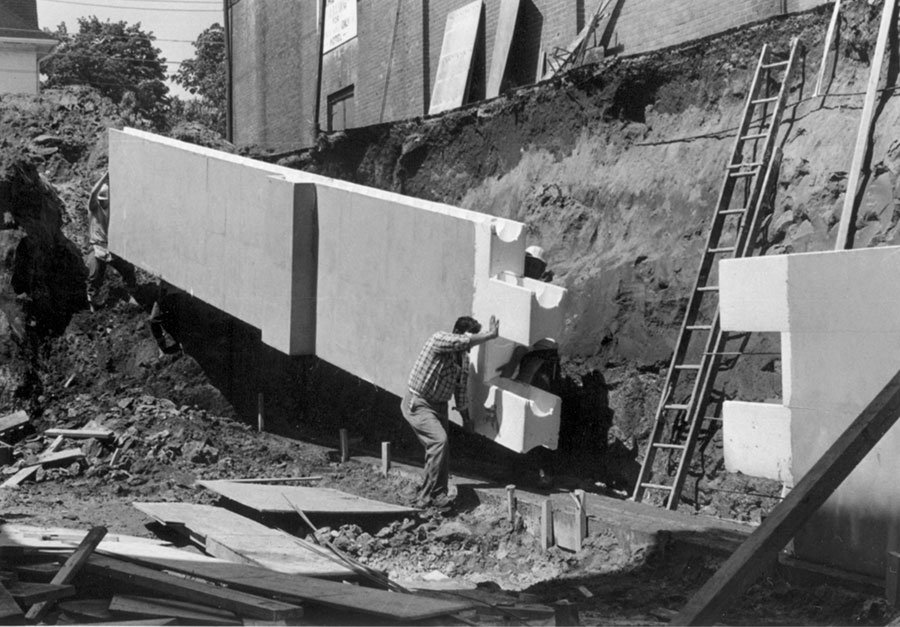As the global construction industry continues to evolve, insulated concrete forms (ICFs) are emerging as a key player in the drive towards more sustainable and energy-efficient buildings. This construction technique offers a combination of insulation, durability, and environmental benefits, making it a popular choice for residential, commercial, and even industrial buildings. Let’s dive deeper into the reasons behind the increasing adoption of ICFs.
What Are Insulated Concrete Forms (ICFs)? ICFs are hollow foam blocks that are stacked to form the walls of buildings. The blocks are filled with concrete to create a structure that is both energy-efficient and durable. The foam provides superior insulation, reducing the need for heating and cooling systems, which results in lower energy bills.
Benefits of Using ICFs
- Energy Efficiency: ICF buildings offer superior thermal insulation, which helps in reducing energy consumption. This makes them an excellent option for homeowners and businesses looking to minimize energy costs.
- Soundproofing: The thick layers of foam and concrete also provide excellent sound insulation, making ICF buildings ideal for areas where noise reduction is crucial.
- Durability: ICF structures are highly durable and resistant to extreme weather conditions such as hurricanes, floods, and earthquakes.
- Sustainability: ICFs are made from recyclable materials, and their long lifespan contributes to a reduction in overall environmental impact.
Market Trends
The ICF market is experiencing rapid growth due to the increasing demand for energy-efficient and sustainable building materials. The commercial sector is seeing significant growth, with more businesses opting for ICF for their green building projects. Additionally, residential consumers are becoming more conscious of the long-term savings and environmental benefits of ICF homes.
Conclusion
As the demand for sustainable construction materials continues to rise, ICF is positioning itself as a key solution for builders and homeowners alike. With energy savings, environmental benefits, and durability, ICFs are set to play a pivotal role in the future of the construction industry.



